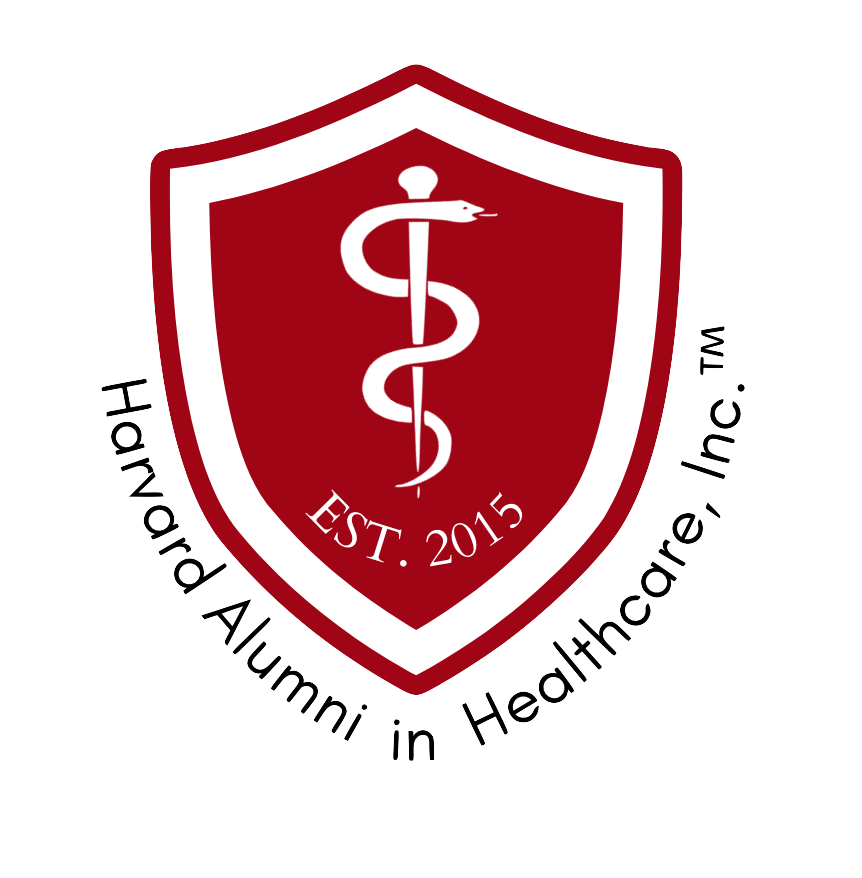Tony Hollenberg, AB 1983
I chair a large Department of Medicine in New York City,
so in the spring, we faced the biggest surge. We had to learn on the fly about a new disease and its manifestations. Not only did we have to learn medically how to care for the disease, but compounded upon that were decisions on supply management, safety, ethics, family, personal safety, too. But we had an incredible group of people--physicians, staff, nurses, physician assistants, and the whole team--that got us through it, and we learned along the way about how to treat and manage this disease, make patients more comfortable, and prevent catching the disease. Unfortunately, it’s come back with a bit of a vengeance across the country. One of the big advantages in the spring was we got help from all over the country. I had ICU doctors working from Utah and California, but, now, everyone’s experiencing surges. Luckily, it’s not as bad in New York, and we’ve learned. We started vaccinating our staff, but that’s not going to help us really in the next eight to twelve weeks. We need to get everybody to be public health experts. But the vaccines, they give us hope that we didn’t have nine months ago.
One of the most important things we’ve learned from this pandemic has been how important our biomedical infrastructure is. We try and solve problems with science. With HIV, we learned about antiretroviral drugs and how to treat the disease then. With COVID, it has been our ability to respond with vaccines and other drugs. As a doctor, you want to do something with a new disease, but you have to study it carefully first and test it. If you throw the kitchen sink at it, what part of the kitchen sink works? Was it the faucet? The drain? The porcelain? You don’t really know. One of the things we tried to figure out early on was how to systematically evaluate all these COVID drugs. Our job as physicians and scientists is to critically evaluate each potential therapy, so now when patients are admitted with COVID, we have therapies we know that we can use.
There’s nothing better than seeing people we train really succeed, whether that be a new position or something else. I really love being a mentor. And, certainly, there is nothing better than helping the patient and their family.
Even if you can’t help make them better, just interacting with them helps move them forward in the process. We’re so privileged to do what we do. Also, making the smallest discoveries like seeing data for the first time that no one else has seen is always a great thrill. A career in medicine is just so terrific because you can make such an impact and help everyone in all these different areas.
Anthony “Tony” Hollenberg, MD
AB 1983 | Biochemical Sciences
Chair, Department of Medicine at Weill Cornell Medicine
Compiled and interviewed by Felicia Ho

